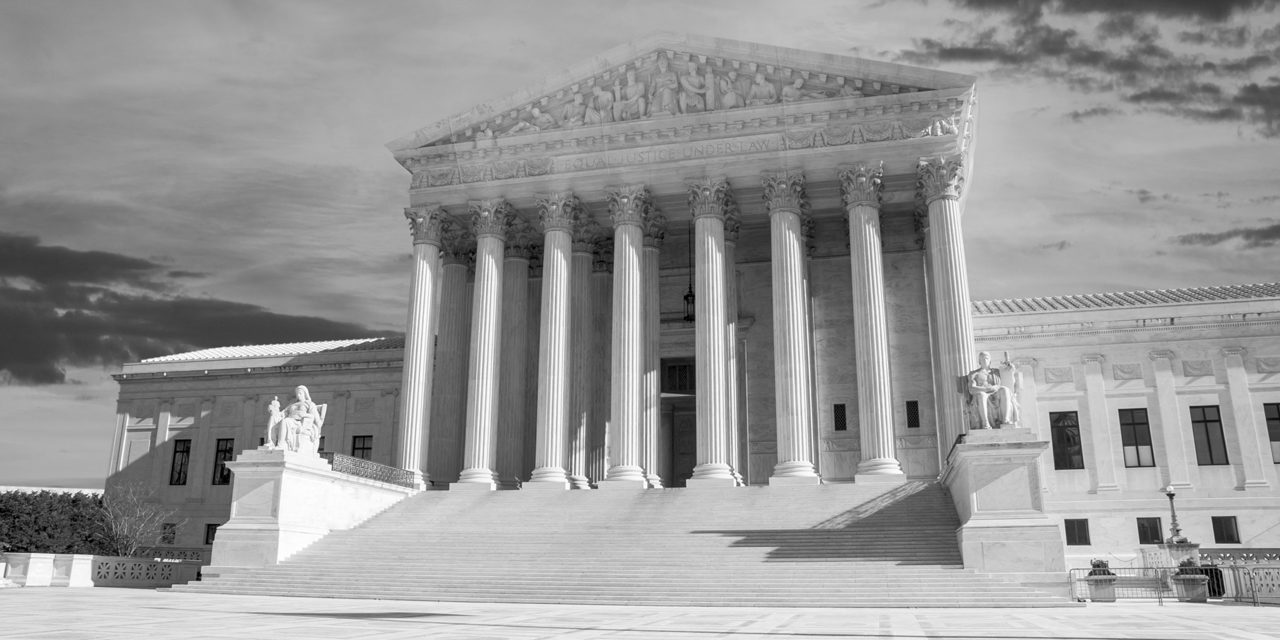In a disappointing ruling, the Supreme Court of the United States vacated an appeals court decision that upheld a Texas order issued in early in 2020 banning most nonessential medical procedures, including surgical and chemical or medical abortions (also known as the abortion pill).
Early in the COVID-19 pandemic, many state governments enacted various lockdowns to limit travel and exposure and limited nonessential medical procedures in order to conserve medical supplies and personal protective equipment (PPE) for hospitals and emergency medical staff. For a couple of states, including Texas, this included abortion.
Of course, the abortion industry challenged the Texas ban in court, which a federal judge initially deemed “too broad and lifted the ban.” However, the state of Texas appealed the order to the 5th U.S. Circuit Court of Appeals, which sided with Texas and reinstituted the ban.
By the time that happened, the state itself already lifted the ban but decided to let it stay in the books in order to set precedent in other situations. The case was then “cited hundreds of times in courts across the country.”
Planned Parenthood asked the Supreme Court to review the case, which it did and sided with the abortion industry.
In a summary disposition, the court’s decision was succinct and brief, reading, “The petition for a writ of certiorari is granted. The judgment is vacated, and the case is remanded to the United States Court of Appeals for the Fifth Circuit with instructions to dismiss the case as moot.”
Planned Parenthood Texas Votes celebrated the court decision, posting on Twitter, “@GregAbbot_TX exploited the COVID-19 public health crisis for political points by blocking health care from Texans during a global pandemic. But once again, the Supreme Court has affirmed that abortion IS essential health care.”
An official statement was also released from Planned Parenthood, the Center for Reproductive Rights and the Lawyering Project, which read in part that Abbot’s order was “a transparent attempt to chip away at access to reproductive health care by exploiting a public health crisis” and that it was “important we took this procedural step to make sure bad case law was wiped off the books.”
This decision is disappointing, as the original precedent set by the 5th U.S. Circuit Court of Appeals could have had a large-scale impact on how medical professionals and state governments deal with abortion during future pandemics or other health emergencies.
A report after the ban was lifted shows that women who were seeking an abortion either waited until they could get the procedure in state or went out of state for the procedure. This demonstrates that the temporary ban wasn’t a hinderance to women.
Abortion is not essential health care, and it’s unfortunate that the Supreme Court didn’t allow the ruling about Texas’ abortion ban to stand for future generations.
Photo from Shutterstock






